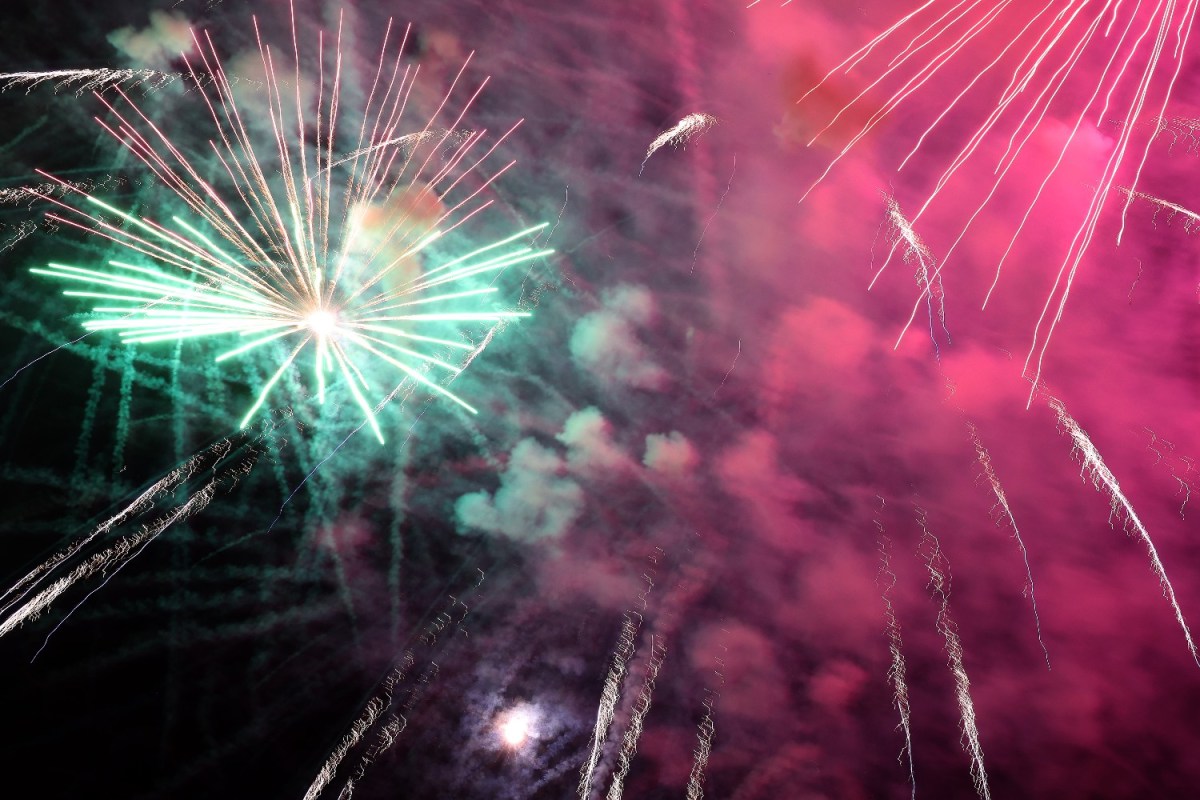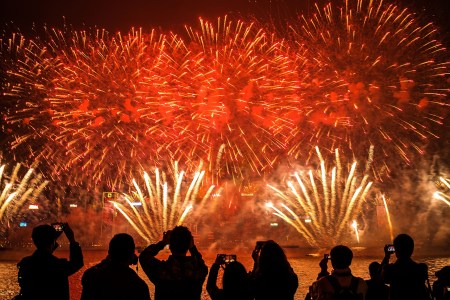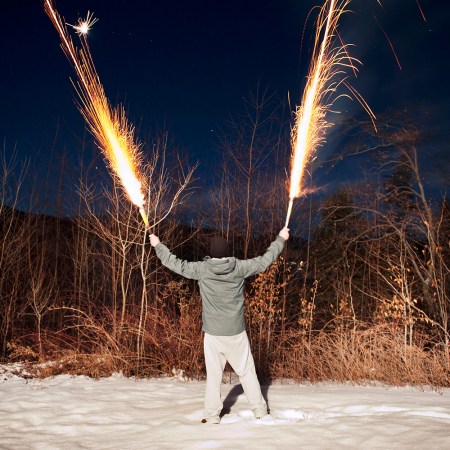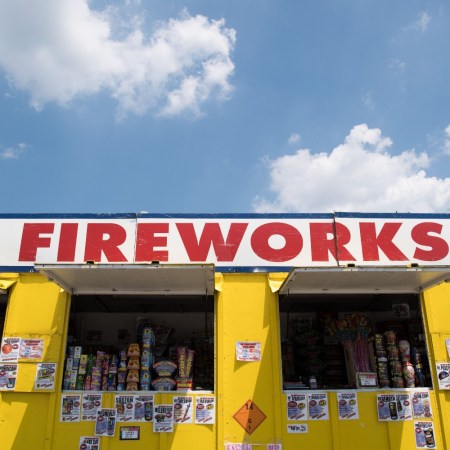We’re over 20 years past the season dubbed the “Summer of the Shark” by members of the media. Will 2023 end up going down in history as the Summer of Smoke? It just might, with the effects of wildfires in Canada heading south and making air quality across the United States decline. But it’s not like there’s a holiday taking place this week that’s usually accompanied by a huge number of midair explosions, right? Oh, wait…
In a new article for The Washington Post, Kasha Patel and Kate Selig explored the potential effect of fireworks displays on the already-troubled air quality across the U.S. Patel and Selig cite an ongoing phenomenon over the years — that July Fourth often goes down in history as the calendar date with the highest levels of air pollution in a given year.
Environmental Protection Agency spokesperson Melissa Sullivan advised Post readers to “be aware of potential air quality impacts from fireworks when there may already be high levels of pollution in the air, including pollution from wildfires.”
A Brief History of Fireworks on the 4th of July, in 5 Long Reads
Do you know where archaic fireworks laws come from?The other issue covered in the Post‘s reporting focuses on a fireworks-specific aspects of air pollution — namely, that fireworks contain chemicals that should not be inhaled under any circumstances.
The experts cited by the Post also note that setting off fireworks at home can be more hazardous to one’s health than watching a grander display. And with personal firework sales potentially setting a new record this year, that’s an especially ominous warning.
Thanks for reading InsideHook. Sign up for our daily newsletter and be in the know.


















